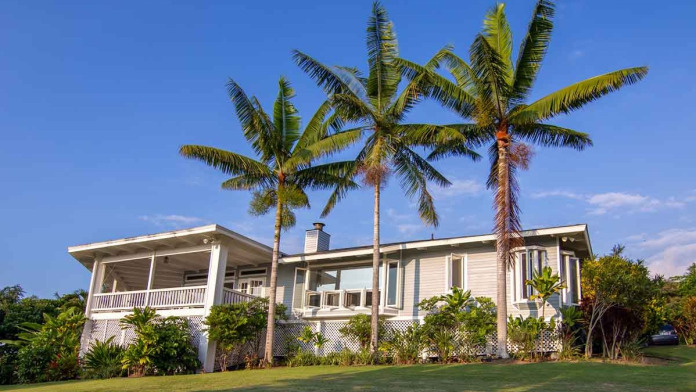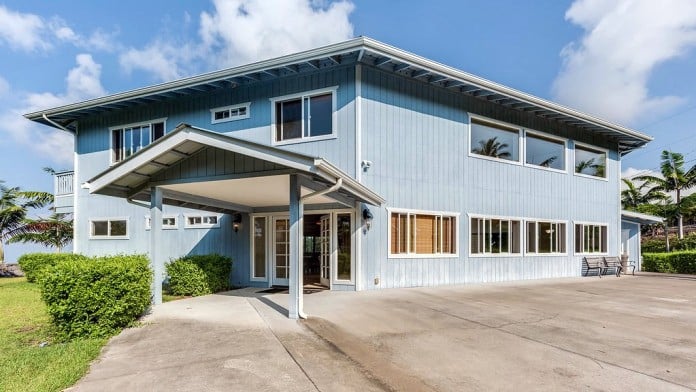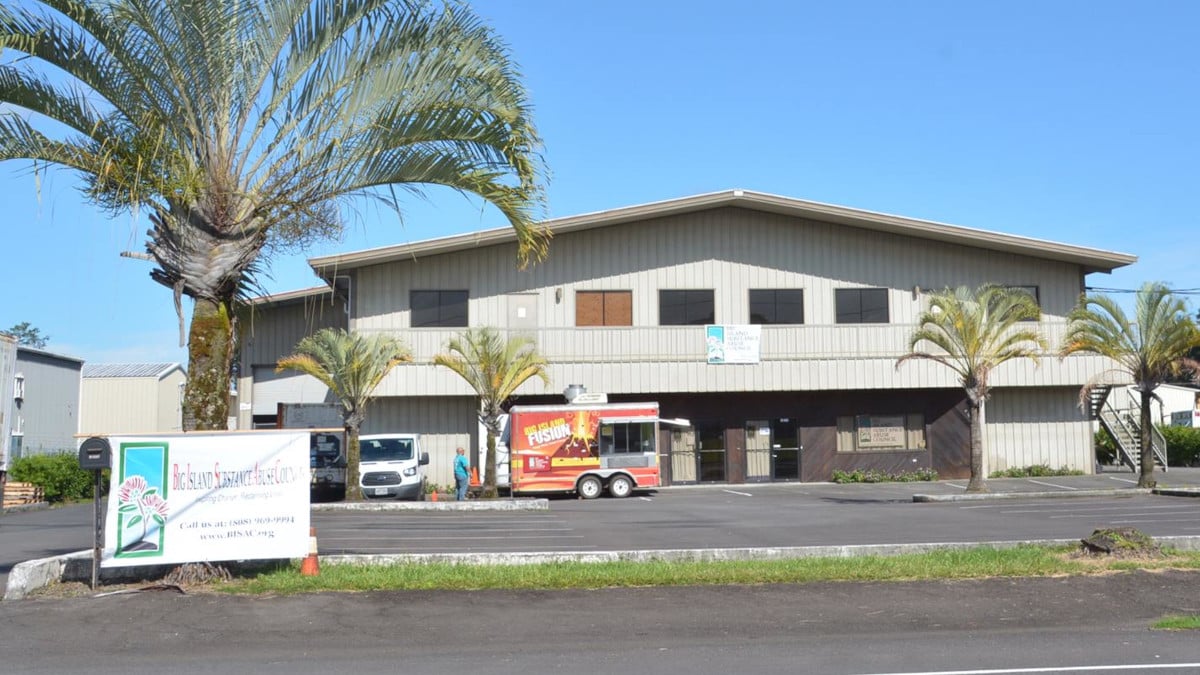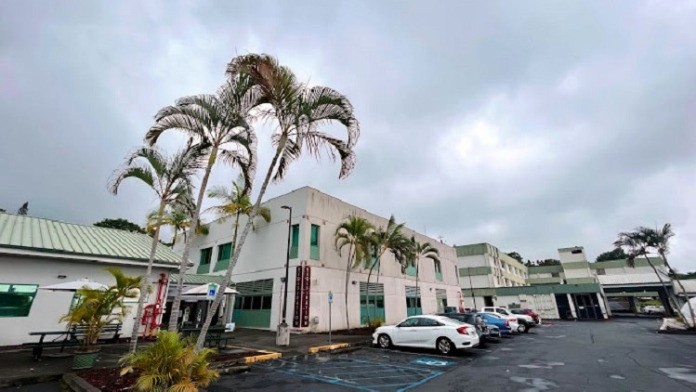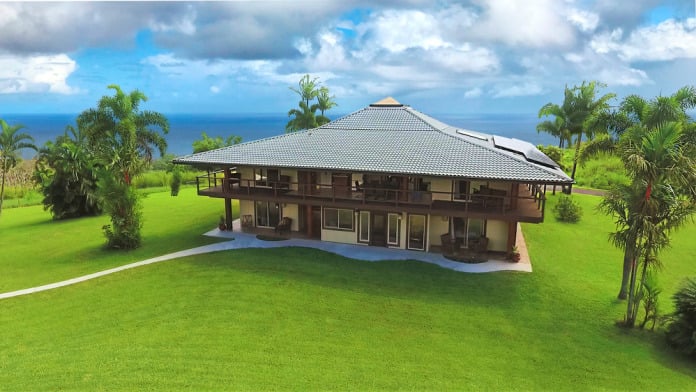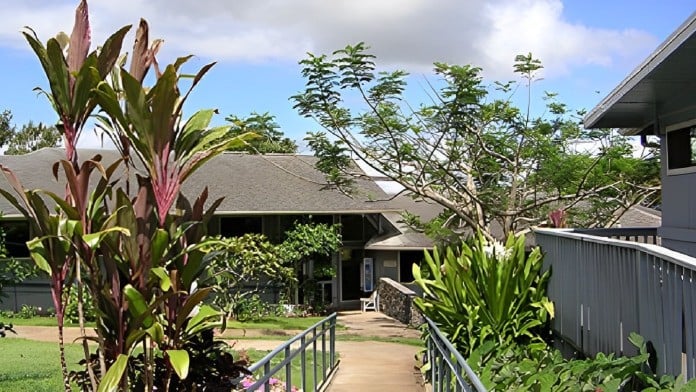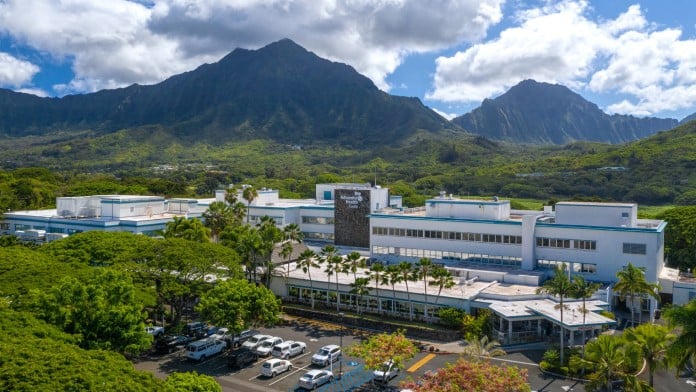About CARE Hawaii
CARE Hawaii in Kailua-Kona provides mental health support, including addiction treatment for adults and adolescents. Their outpatient programs make it easier to focus on recovery while keeping up with daily life. With the ocean nearby and a peaceful island setting, healing can extend beyond treatment into moments of connection with nature.
Trusted Support Across the Islands
The doors opened here in 1999 with a simple goal. People on the islands needed quality mental healthcare, and CARE wanted to make it accessible. They believe real recovery happens when people feel supported, and every person who walks through their doors is met with respect and understanding.
A Look Inside the Intensive Outpatient Program
In the Intensive Outpatient Program, you’ll attend therapy three times a week for 12 to 16 weeks. Sessions last about three hours. You’ll participate in group discussions and activities that help you work through recovery.
Therapists use science backed treatment methods to help you build better coping skills, manage cravings, and set yourself up for successful sober living.
Practical Help for Dual Diagnoses
Mental health and substance use challenges don’t exist separately, so treatment shouldn’t either. Their Dual Diagnosis Intensive Outpatient Program (DDIOP) gives you a steady routine with therapy, relapse prevention, and practical skills woven into each day. You stay in the community, but with a structured plan that keeps you grounded in recovery.
Structured Outpatient Treatment for Adolescents
Watching a child struggle with both mental health and substance use is tough, but support is out there. The Adolescent Dual Diagnosis IOP (DDIOP) gives teens the structure they need without hospitalization. Therapy sessions focus on helping your teen understand their emotions and practice healthier coping skills.
The program wraps up with a graduation ceremony. At graduation, your child will get to showcase their talents and celebrate how far they’ve come.
CARE Hawaii provides a supportive, structured approach to addiction treatment while allowing you to stay connected to your daily life. With a focus on professional care and personal connection, it’s a place worth considering for a compassionate and holistic recovery environment.
Latest Reviews
Rehab Score
Location
Accepted Insurance
Other Forms of Payment
Medicaid is a state based program that helps lower-income individuals and families pay for healthcare. Medicaid covers addiction treatment so those enrolled can use their coverage to pay for rehab. When a program accepts Medicaid the client often pays very little or nothing out of their own pocket.
Medicare is a federal program that provides health insurance for those 65 and older. It also serves people under 65 with chronic and disabling health challenges. To use Medicare for addiction treatment you need to find a program that accepts Medicare and is in network with your plan. Out of pocket costs and preauthorization requirements vary, so always check with your provider.
Military members, veterans, and eligible dependents have access to specific insurance programs that help them get the care they need. TRICARE and VA insurance can help you access low cost or no cost addiction and mental health treatment. Programs that accept military insurance often have targeted treatment focused on the unique challenges military members, veterans, and their families face.
Addiction Treatments
Levels of Care
Outpatient Programs (OP) are for those seeking mental rehab or drug rehab, but who also stay at home every night. The main difference between outpatient treatment (OP) and intensive outpatient treatment (IOP) lies in the amount of hours the patient spends at the facility. Most of the time an outpatient program is designed for someone who has completed an inpatient stay and is looking to continue their growth in recovery. Outpatient is not meant to be the starting point, it is commonly referred to as aftercare.
Inpatient rehab enables clients to remove themselves from the distractions, stressors, and triggers of the outside world while they focus exclusively on their recovery. Clients receive housing, meals, and access to medical and mental health care as they regain stability, particularly following detox. They also engage in extensive psychotherapy, which may include group and family therapy as well as individual counseling. Many programs also offer holistic treatment and/or recovery-focused life skills training.
Intensive Outpatient Programs (IOP) are for those who want or need a very structured treatment program but who also wish to live at home and continue with certain responsibilities (such as work or school). IOP substance abuse treatment programs vary in duration and intensity, and certain outpatient rehab centers will offer individualized treatment programs.
Rehab aftercare programs ensure clients' continued access to personalized care after the completion of formal addiction treatment. Case managers and recovery teams assess clients' needs and goals and identify the rehab aftercare services to best support clients' sustained sobriety. Clients may receive a variety of services to facilitate their successful reintegration into their home, workplace, and community, including peer coaching, career counseling, and 12 step program induction, among other programs.
12 step programs promote long-term sobriety through a process of personal growth rooted in spiritual principles. Participants work through the 12 steps by learning to define and address the root causes of their addiction, to take responsibility for their choices and actions, and to relinquish control over that which cannot be changed. Participants attend regular, anonymous 12 step meetings and are mentored by a self-selected sponsor. Specialized formats, including age and gender specific groups, are available.
Due to the physical risks of detox, it is ideal to complete this stage of recovery in 24-hour clinical care in Hawaii. In this setting, medical professionals assist you every step of the way. Doctors and addiction specialists ensure that your detox process is as comfortable and safe as possible by treating physical and psychological symptoms of withdrawal.
Treatments
The goal of treatment for alcoholism is abstinence. Those with poor social support, poor motivation, or psychiatric disorders tend to relapse within a few years of treatment. For these people, success is measured by longer periods of abstinence, reduced use of alcohol, better health, and improved social functioning. Recovery and Maintenance are usually based on 12 step programs and AA meetings.
Drug rehab in Hawaii is for individuals suffering from substance use disorders. Treatment addresses the many issues involved with addiction, typically through a combination of medical and psychotherapy treatments.
Many of those suffering from addiction also suffer from mental or emotional illnesses like schizophrenia, bipolar disorder, depression, or anxiety disorders. Rehab and other substance abuse facilities treating those with a dual diagnosis or co-occurring disorder administer psychiatric treatment to address the person's mental health issue in addition to drug and alcohol rehabilitation.
Opioid rehabs specialize in supporting those recovering from opioid addiction. They treat those suffering from addiction to illegal opioids like heroin, as well as prescription drugs like oxycodone. These centers typically combine both physical as well as mental and emotional support to help stop addiction. Physical support often includes medical detox and subsequent medical support (including medication), and mental support includes in-depth therapy to address the underlying causes of addiction.
Substance rehabs focus on helping individuals recover from substance abuse, including alcohol and drug addiction (both illegal and prescription drugs). They often include the opportunity to engage in both individual as well as group therapy.
Programs
Adult rehab programs include therapies tailored to each client's specific needs, goals, and recovery progress. They are tailored to the specific challenges adult clients may face, including family and work pressures and commitments. From inpatient and residential treatment to various levels of outpatient services, there are many options available. Some facilities also help adults work through co-occurring conditions, like anxiety, that can accompany addiction.
Young adulthood can be an exciting, yet difficult, time of transition. Individuals in their late teens to mid-20s face unique stressors related to school, jobs, families, and social circles, which can lead to a rise in substance use. Rehab centers with dedicated young adult programs will include activities and amenities that cater to this age group, with an emphasis on specialized counseling, peer socialization, and ongoing aftercare.
Clinical Services
Group therapy is any therapeutic work that happens in a group (not one-on-one). There are a number of different group therapy modalities, including support groups, experiential therapy, psycho-education, and more. Group therapy involves treatment as well as processing interaction between group members.
Trauma therapy addresses traumatic incidents from a client's past that are likely affecting their present-day experience. Trauma is often one of the primary triggers and potential causes of addiction, and can stem from child sexual abuse, domestic violence, having a parent with a mental illness, losing one or both parents at a young age, teenage or adult sexual assault, or any number of other factors. The purpose of trauma therapy is to allow a patient to process trauma and move through and past it, with the help of trained and compassionate mental health professionals.
Staff
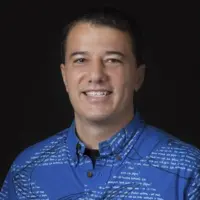
Brian Morton
President

Genevieve Ayin
CFO & CAO
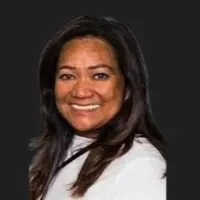
Felicia Panoncialman
CCO
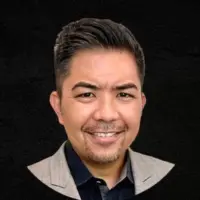
Rolly Ganir
BD
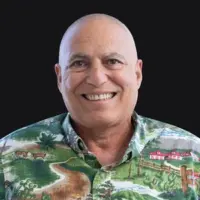
Dr.Joseph Giannasio
MD
Contact Information
74-5620 Palani Road
Suite 106
Kailua Kona, HI 96740

